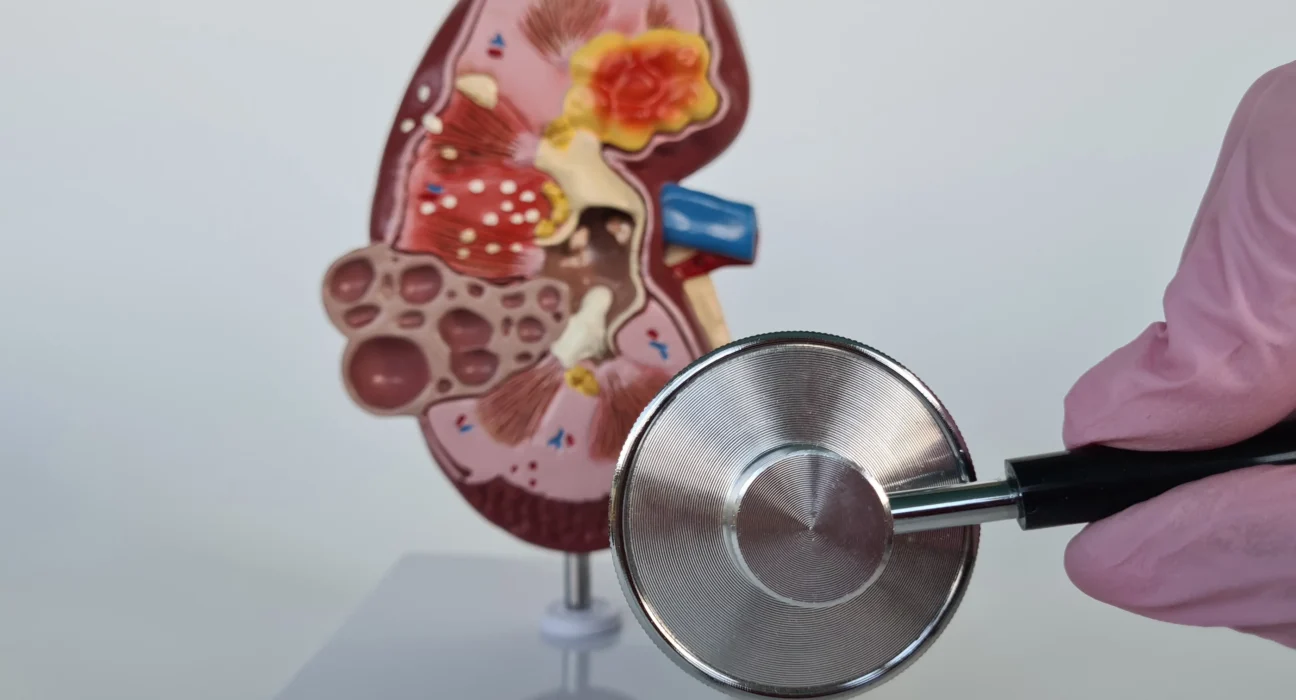Chronic kidney disease (CKD) is a lifelong condition that requires careful management. Due to its ongoing nature, the cost of CKD treatment in Singapore can be a significant concern for patients and caregivers. This article provides an overview of the estimated costs associated with kidney screening, treatment, and transplantation, along with guidance on selecting a kidney specialist.
Cost of Kidney Screening and Biopsy
Early detection is crucial for managing kidney disease effectively. Individuals may undergo kidney screening to assess their kidney function, while a kidney biopsy may be required for a definitive diagnosis.
- Kidney screening: Costs range from S$300 to S$900 in the private sector, depending on the comprehensiveness of the package.
- Kidney biopsy: Estimated costs start from S$6,000.
Cost of Chronic Kidney Disease Treatment in Singapore
According to Channel News Asia, in partnership with the National Kidney Foundation, the estimated costs for CKD treatment include:
- Medication: Approximately S$50 per month.
- Haemodialysis: Starting at S$2,500 per month.
- Peritoneal dialysis: Between S$1,300 and S$2,000 per month.
Cost of Kidney Transplant in Singapore
Singapore’s kidney transplant programme is strictly regulated under the Human Organ Transplant Act (HOTA), which prohibits commercial organ trading. The exact cost of kidney transplantation in Singapore is not publicly available.
Finding the Right Kidney Specialist in Singapore
While there is no definitive “best kidney specialist” in Singapore, it is crucial to find a doctor who aligns with your specific needs. Here are some key factors to consider:
When Should You See a Kidney Specialist?
Patients should consult a renal specialist (nephrologist) if they experience:
- Progressive chronic kidney disease (Stages 3-5)
- Acute kidney injury (sudden kidney function loss)
- Persistent proteinuria or haematuria (protein or blood in urine)
- Diabetes or hypertension with kidney complications
- Family history of genetic kidney disease
- Electrolyte imbalances (sodium, potassium, calcium, phosphate)
- Uncontrolled blood pressure despite medication
- Unexplained swelling in the legs, ankles, or eyes
- Systemic diseases affecting the kidneys (e.g., lupus, vasculitis, amyloidosis)
Tips for Choosing the Right Kidney Specialist
1. Check the Doctor’s Qualifications and Expertise
Look for a nephrologist with experience in managing conditions like CKD, hypertension, and diabetic kidney disease.
2. Find a Doctor You Are Comfortable With
Long-term kidney care requires a doctor who listens, explains treatment options clearly, and takes time to address your concerns.
3. Get Recommendations from Family, Friends, or Your GP
Personal referrals from people who have received kidney treatment can be valuable.
4. Look for Online Reviews and Ratings
While online reviews can provide insights, take them with caution as experiences vary from patient to patient.
5. Check Insurance Coverage
CKD treatment can be costly, so ensure the specialist’s clinic is within your health insurance panel for better financial coverage.
Chronic Kidney Disease Treatment in Singapore
Since CKD has no cure, treatment focuses on slowing disease progression, managing complications, and reducing cardiovascular risks.
Key Treatment Approaches
- Medications for High Blood Pressure: ACE inhibitors or angiotensin II receptor blockers help control blood pressure and protect kidney function.
- Medications for Swelling Relief: Diuretics help manage fluid retention and swelling in the legs.
- Medications for Anaemia: Supplements boost red blood cell production to reduce fatigue.
- Medications for High Cholesterol: Statins help lower cholesterol levels and reduce heart disease risk.
- Bone Protection Medications: Calcium, vitamin D supplements, and phosphate binders help maintain bone strength.
- Dietary Adjustments: A low-protein diet reduces kidney workload and helps minimise waste buildup in the blood.
Conclusion
Managing chronic kidney disease requires early detection, consistent medical care, and lifestyle adjustments. The cost of kidney disease treatment in Singapore can be substantial, making it essential for patients to plan ahead financially. Finding a qualified kidney specialist suited to your condition and needs is critical for effective long-term management.
Disclaimer: 365Asia aims to provide accurate and up-to-date information, our contents do not constitute medical or any professional advice. If medical advice is required, please consult a licensed healthcare professional.




